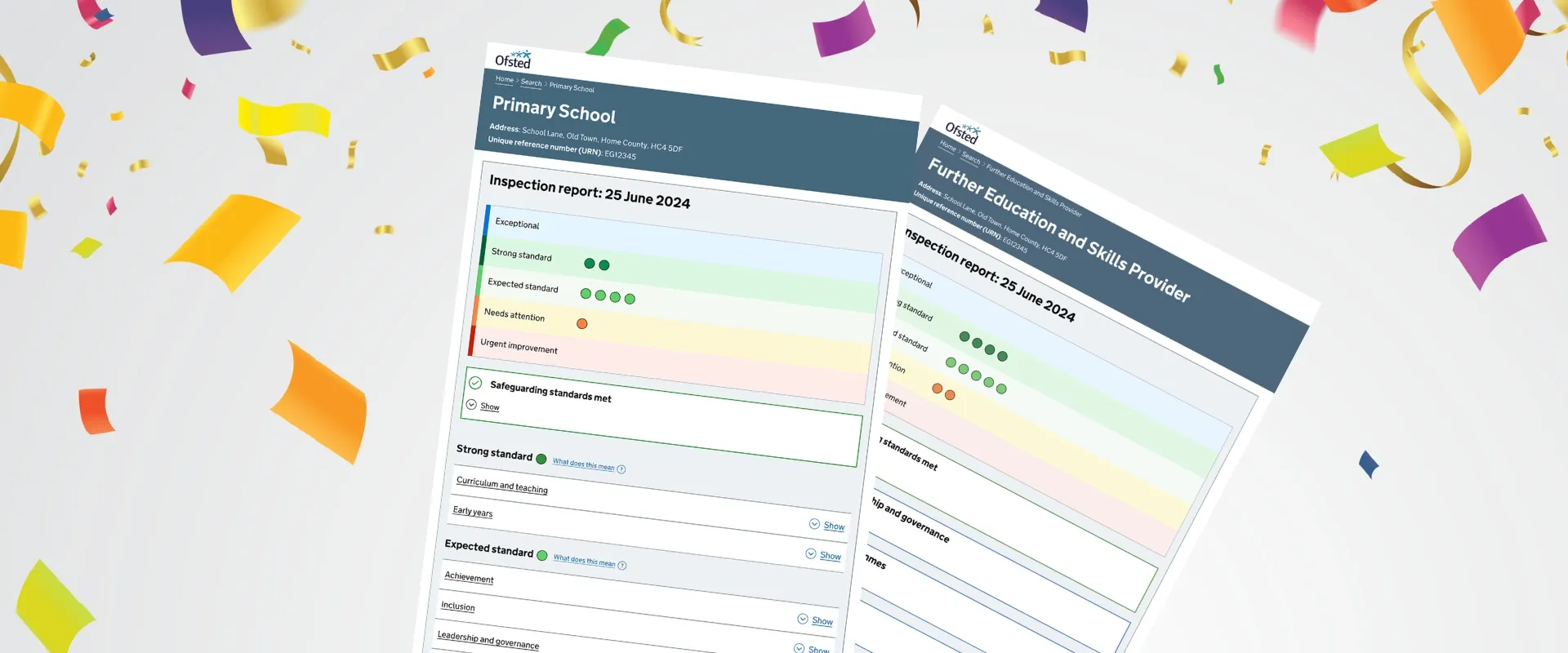Announcements of changes from Ofsted don’t often meet with enthusiasm, but this one struck a slightly different chord in the Motional Team.
Since Motional’s launch, the mission has been simple:
To prioritise Emotional Wellbeing and Mental Health for children and young people, so they are prepared to engage in life and learning.
However, with increasing emphasis on attendance, behaviour, and other metrics that schools have been under growing pressure to focus on, the mental health and wellbeing of children and young people often took a back seat.
So why then are we pleased about this recent change?
At its heart, the new framework recognises something that those working with children have always known: children learn best when they feel well. When they feel seen, supported, and have a sense of belonging, they’re able to engage more fully with learning and with life.
By elevating Personal Development and Wellbeing as a key evaluation area and giving inclusion a dedicated focus, Ofsted is signalling that schools should be judged not just on what children achieve, but on how they experience their time in education. This represents a welcome rebalancing - a reminder that education is about developing the whole child, not just the academic outcome. More than this, belonging and inclusion don’t stand alone; they weave through all aspects of the framework.
Creating the Conditions for Children to Thrive
Wellbeing doesn’t happen by chance. It requires intentional, whole-school strategies that foster emotional literacy, resilience, and connection. The new framework indicates that a one-size-fits-all approach is no longer appropriate. Instead, it emphasises the importance of a personalised approach that recognises and supports the individual needs of each child, and recognises these needs change over time.
An independent wellbeing assessment of the revised framework emphasises the strong link between the wellbeing of the workforce and that of pupils. Teachers and leaders who feel safe, valued, and trusted are better able to create psychologically secure environments for children. The framework itself also requires that adults are supported and emotionally equipped to meet the complex needs of children and young people, as well as supplied with the necessary resources and tools to do so.
That’s why prioritising staff wellbeing and providing tools to support them isn’t separate from improving outcomes for children - it’s the route to achieving it.
Navigating the Change Together
Of course, any new framework brings uncertainty and the potential for added pressure. Schools may feel anxious about new expectations or how inspectors will interpret wellbeing in practice. But the intent is clear: to move towards a system that recognises the humanity at the centre of education.
This will take time, reflection and genuine partnership between schools, external providers and inspectors. The challenge - and the opportunity - is to ensure that wellbeing isn’t reduced to a checklist, but becomes embedded in the culture of every classroom, every corridor, and every conversation.
A Quiet Optimism
This framework has the potential to usher in a new era - one where success is defined not only by exam results, but by the confidence, compassion and resilience of our children.
If we can hold onto that vision - if we put wellbeing and belonging at the heart of school life - then the impact will ripple far beyond inspection outcomes. It will shape the kind of adults our children become, and the kind of society we all want to live in.
We’re quietly optimistic!
---
In our next blog we’ll be exploring what the changes really mean, and how Motional can easily help you make sure you’re ready for them. Make sure you’re signed up to our Newsletter to get that delivered straight to your inbox!



